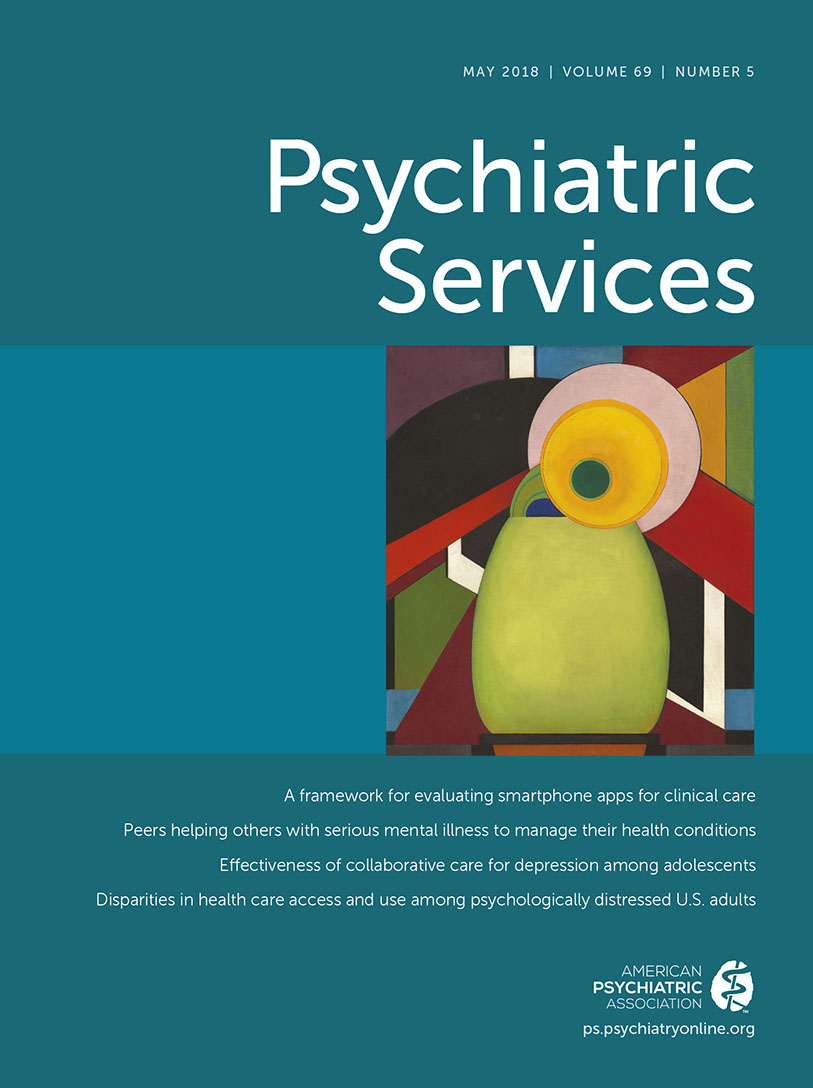Implementing Illness Management and Recovery Within Assertive Community Treatment: A Pilot Trial of Feasibility and Effectiveness
Abstract
Objective:
In a pilot feasibility and effectiveness study, illness management and recovery (IMR), a curriculum-based program to help people with serious mental illness pursue personal recovery goals, was integrated into assertive community treatment (ACT) to improve participants’ recovery and functioning.
Methods:
A small-scale cluster randomized controlled design was used to test implementation of IMR within ACT teams in two states. Eight high-fidelity ACT teams were assigned to provide IMR (ACT+IMR; four teams) or standard ACT services (ACT only; four teams). Clinical outcomes from 101 individuals with schizophrenia-spectrum or bipolar disorders were assessed at baseline, six months, and one year.
Results:
Exposure to IMR (session attendance and module completion) varied between the ACT+IMR teams, with participants on one team having significantly less exposure. Results from intent-to-treat analyses showed that participants in ACT+IMR demonstrated significantly better outcomes with a medium effect size at follow-up on clinician-rated illness self-management. A nonsignificant, medium effect size was found for one measure of functioning, and small effect sizes were observed for client-rated illness self-management and community integration. Session and module completion predicted better outcomes on four of the 12-month outcome measures.
Conclusions:
Findings support the feasibility of implementing IMR within ACT teams. Although there were few significant findings, effect sizes on some variables in this small-scale study and the dose-response relationships within ACT+IMR teams suggest this novel approach could be promising for improving recovery for people with serious mental illness. Further large-scale studies utilizing a hybrid effectiveness-implementation design could provide a promising direction in this area.



